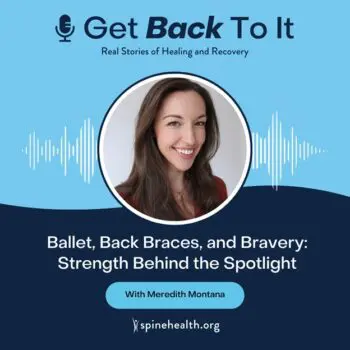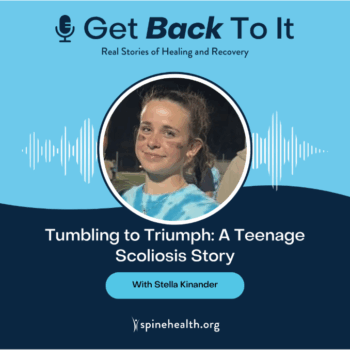Episode Summary
A simple fall revealed something life-threatening, a spinal tumor she didn’t even know she had. What followed was an 11.5-hour surgery, months of rehab, and a community that never left her side; she fought her way back to independence. Now walking, working, and full of gratitude, Kristina Friess calls herself “the luckiest woman on earth.” Hear how one unexpected fall transformed her life forever.



